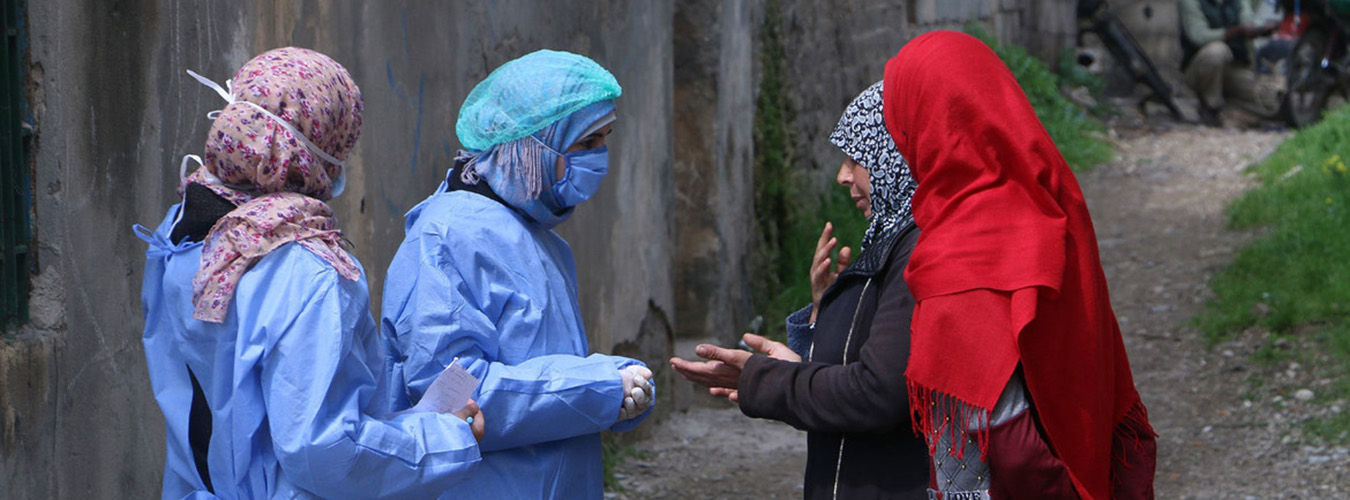
Know Your Legal Rights
UN Policies / Consequences of Domestic Abuse
The UN System Organizations do not tolerate this form of misconduct and may take disciplinary action in accordance with the Standards of Conduct for the International Civil Service.
Additionally, staff members must comply with their obligations under:
- the Charter of the United Nations
- the Staff Regulations and Rules
- the Standards of Conduct for the International Civil Service
- other relevant administrative issuances.
UN staff members are bound by the standards of conduct prescribed in the United Nations Staff Regulations and Rules (ST/SGB/2018/1). Staff Regulation 1.2 (a) provides that staff members shall uphold and respect the principles set out in the Charter of the United Nations. Furthermore, Staff Regulation 1.2 (f) provides that staff members should conduct themselves at all times in a manner befitting their status as international civil servants and should not engage in any activity that is incompatible with the proper discharge of their duties with the United Nations.
The United Nations actively enforces compliance with the standards of conduct for staff members. Pursuant to Staff Rule 1.2 (d), disciplinary procedures may be instituted against any staff member who fails to comply with the standards of conduct set out in the Charter, the Staff Regulations and Rules, and administrative issuances.
Domestic abuse can constitute a serious failure to observe the standards of conduct that are expected of United Nations staff members. The United Nations does not tolerate domestic abuse, and it is committed to taking appropriate disciplinary action against staff members for domestic abuse.
Some types of domestic abuse (such as physical assault) constitute criminal offenses in countries where United Nations staff members work. United Nations staff members are obliged in accordance with Staff Rule 1.2 (b) to comply with local laws in their designated duty station, which includes criminal and family laws. Non-compliance with the local laws in matters that are not related to the exercise of official functions may lead to criminal prosecution and may amount to a breach of Staff Rule 1.2 (b). When the United Nations becomes aware of a credible allegation that a member of its staff may have committed a crime, for example sexual assault, it will refer the matter to the national authorities for investigation and further action as appropriate. When it does so, the United Nations indicates that it remains available to cooperate further with the national authorities concerned in order to facilitate the proper administration of justice.
United Nations staff have privileges and immunities that are necessary for the performance of their official functions. Senior officials, usually at the Assistant Secretary-General or higher level, are accorded diplomatic immunity based on applicable international agreements. Immunity doesn't mean impunity and is not granted for the personal benefit of staff. Rather, immunity is granted in the interests of the United Nations only. The Secretary-General has the right and the duty to waive any applicable immunity if he believes the circumstances require it. The Organization does not protect staff who commit crimes. Where staff members commit crimes and immunity applies, it will be waived to facilitate cooperation with national authorities as appropriate.
Please check the specific rules and regulations promulgated by your own Organization, including rules and regulations related to: Spouse and (or) Child Support Obligations and Divorce, Confidentiality of Personnel Information and Special Leave.
International Law and Domestic Abuse
The World Bank Compendium of International and National Legal Frameworks on Domestic Violence: The Compendium of International and National Legal Frameworks on Domestic Violence provides a survey of the key international and regional instruments as well as national legislation relating to domestic violence.
